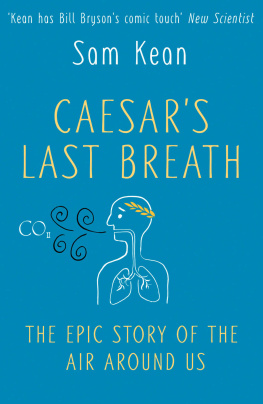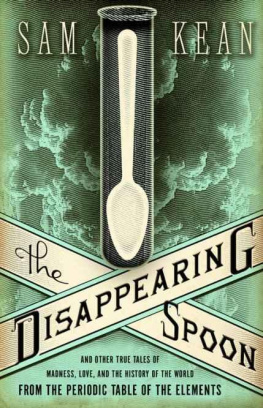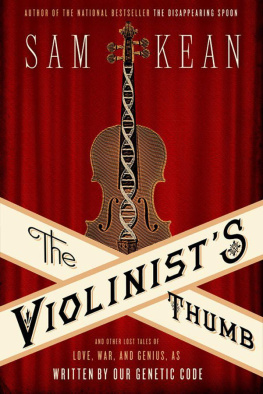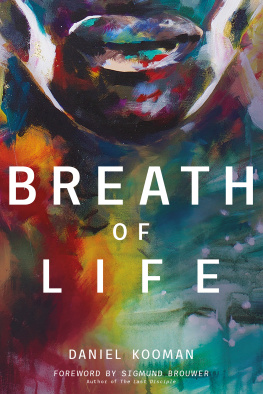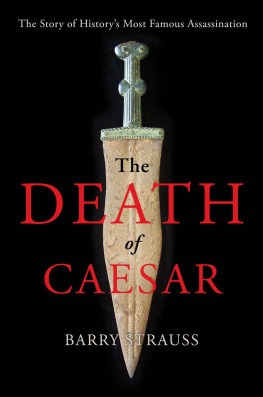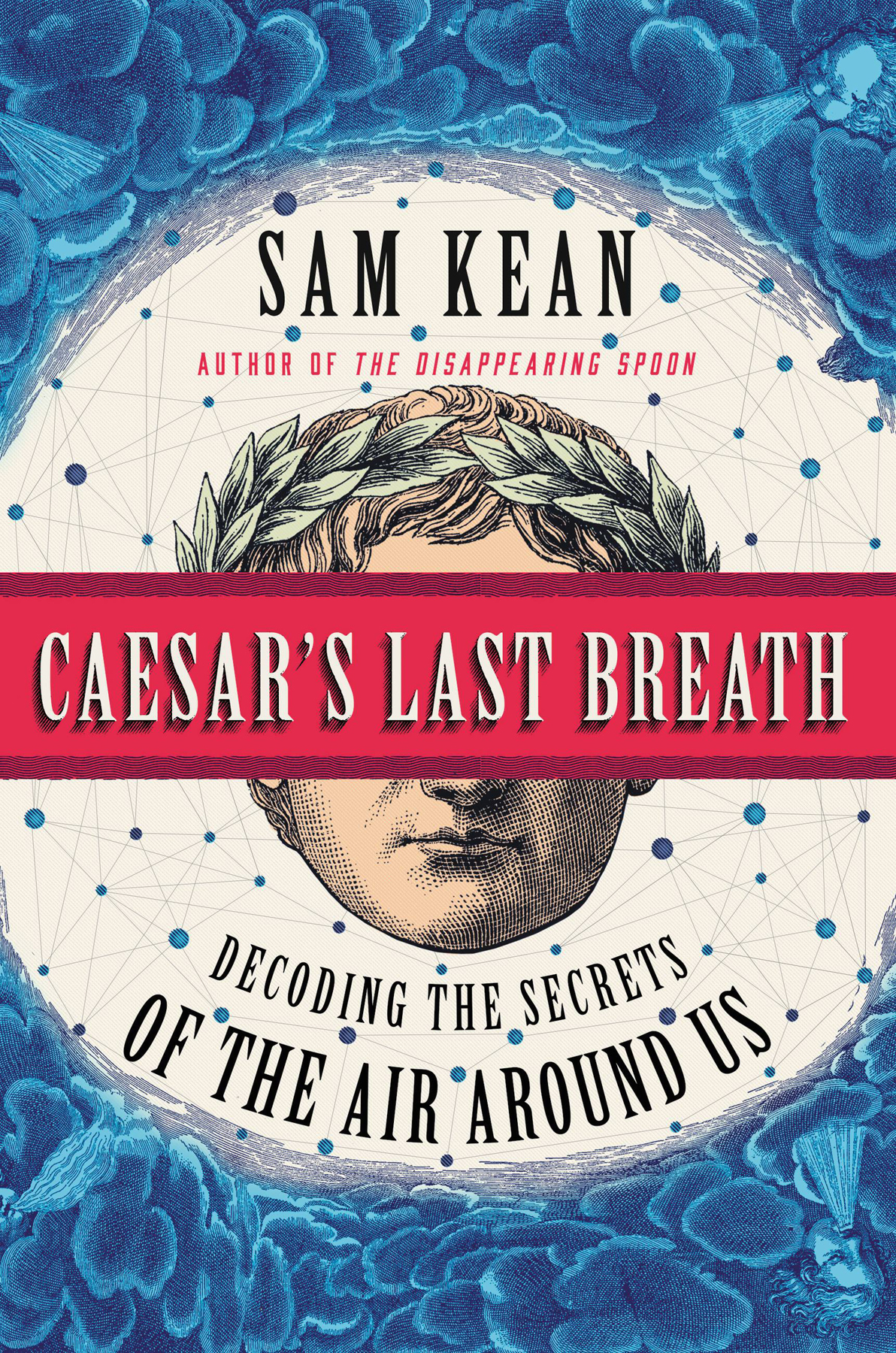Indulge me in a modest experiment. For the next few seconds try paying close attention to the air escaping your body, as if this were your last living breath on earth. How much do you really know about this air? Feel your lungs deflate and sag inside your chest. Whats really going on inside there? Put your hand in front of your lips and feel how the gas escaping them has transformed inside you, growing warmer and more humid, perhaps acquiring an odor. What sort of alchemy caused that? And although your sense of touch isnt nearly discriminating enough, imagine that you can feel the individual molecules of gas pinging your fingertips, impossibly tiny dumbbells caroming off into the air around you. How many are there, and where do these molecules go?
Some dont get far. As soon as you take another breath, they come rushing back into your lungs, like waves that fling themselves onto the shore before being retracted by the sea. Others stray a little farther and make a break for freedom in the next room before returning as well, miniature prodigal sons. Most simply join the anonymous masses of the atmosphere and begin to spread around the globe. But even then, perhaps months later, a few weary pilgrims will stagger back to you. You might be a very different person between your first and second encounters with these molecules, but the ghosts of breaths past continue to flit around you every second of every hour, confronting you with every single yesterday.
Of course, youre not alone in experiencing this; the same thing happens to every other person on Earth. Moreover, your ghosts are almost certainly entangled with theirs, since they almost certainly inhaled and expelled and rebreathed a few of those very same molecules after you didor even before you did. In fact, if youre reading this in public, youre inhaling the exhaust from everyone around you right nowsecondhand breath. Your reaction to this will probably depend on the company you keep. Sometimes we enjoy this mingling of airs, as when lovers lean in and we feel their breath on our necks; sometimes we abhor it, as when the chatterbox next to us on the plane has eaten garlic for lunch. But short of breathing from a tank, we cant escape the air of those around us. We recycle our neighbors breaths all the time, even distant neighbors. Just as light from distant stars can sparkle our irises, the remnants of a strangers breath from Timbuktu might come wafting in on the next breeze.
Even more startling, our breaths entangle us with the historical past. Some of the molecules in your next breath might well be emissaries from 9/11 or the fall of the Berlin Wall, witnesses to World War I or the star-spangled banner over Fort McHenry. And if we extend our imagination far enough in space and time, we can conjure up some fascinating scenarios. For instance, is it possible that your next breaththis one, right heremight include some of the same air that Julius Caesar exhaled when he died?
You know the story. The ides of March, Rome, 44 BC. Julius Caesarpontifex maximus, dictator perpetuo, the namesake of July and the first living Roman to have his picture on a coinenters the Senate meeting hall, looking surprisingly spry after a rough night. At a dinner party hed attended, conversation had strayed into the rather morbid topic of the best way to die. (Caesar had declared his preference for a sudden, unexpected end.) An epileptic, hed also slept poorly that night, and his wife had suffered ominous dreams about their house collapsing and her holding a bloodied Caesar in her arms.
As a result of all this, he almost stayed home that morning. But at the last minute he ordered his servants to ready his litter, and as his retinue made their way toward the Forum, he finally relaxed, his breath coming freer and easier. He even teased a soothsayer along the way, a man who, a month before, had prophesied doom for Caesar sometime before mid-March. Caesar filled his lungs and shouted, The ides of March have come! The seer answered without smiling. Aye, Caesar, but not passed.
As Caesar entered the meeting hall, hundreds of senators rose to their feet. It was likely stuffy in there, as their mingled breath and body heat had been warming the air for some time. Before Caesar could settle into his golden chair, though, a senator named Cimber approached him with a petition asking for pardon for Cimbers brother. Cimber knew that Caesar would never grant this, but that was the point. Cimber kept begging and Caesar kept refusing, and sixty other senators now had a chance to creep forward, as if offering support. Caesar sat in the midst of them, imperial and increasingly irritated. He tried to cut off discussion, but Cimber cupped his hands on Caesars shoulders as if to plead with himthen yanked his purple toga down, exposing Caesars breast.
Why, this is violence, Caesar said. He had no idea how right he was. A senator named Casca lunged with his dagger a moment later, gashing Caesars neck. Casca, you villain, what are you doing? Caesar cried, still more confused than angry. But as the crowd of petitioners pressed in, each man pulled aside his toga, exposing a bit of skin, and opened the leather pouch on his belt where he normally kept a stylus. Rather than sixty pens, sixty iron daggers emerged. Caesar finally understood. Sic semper tyrannis.
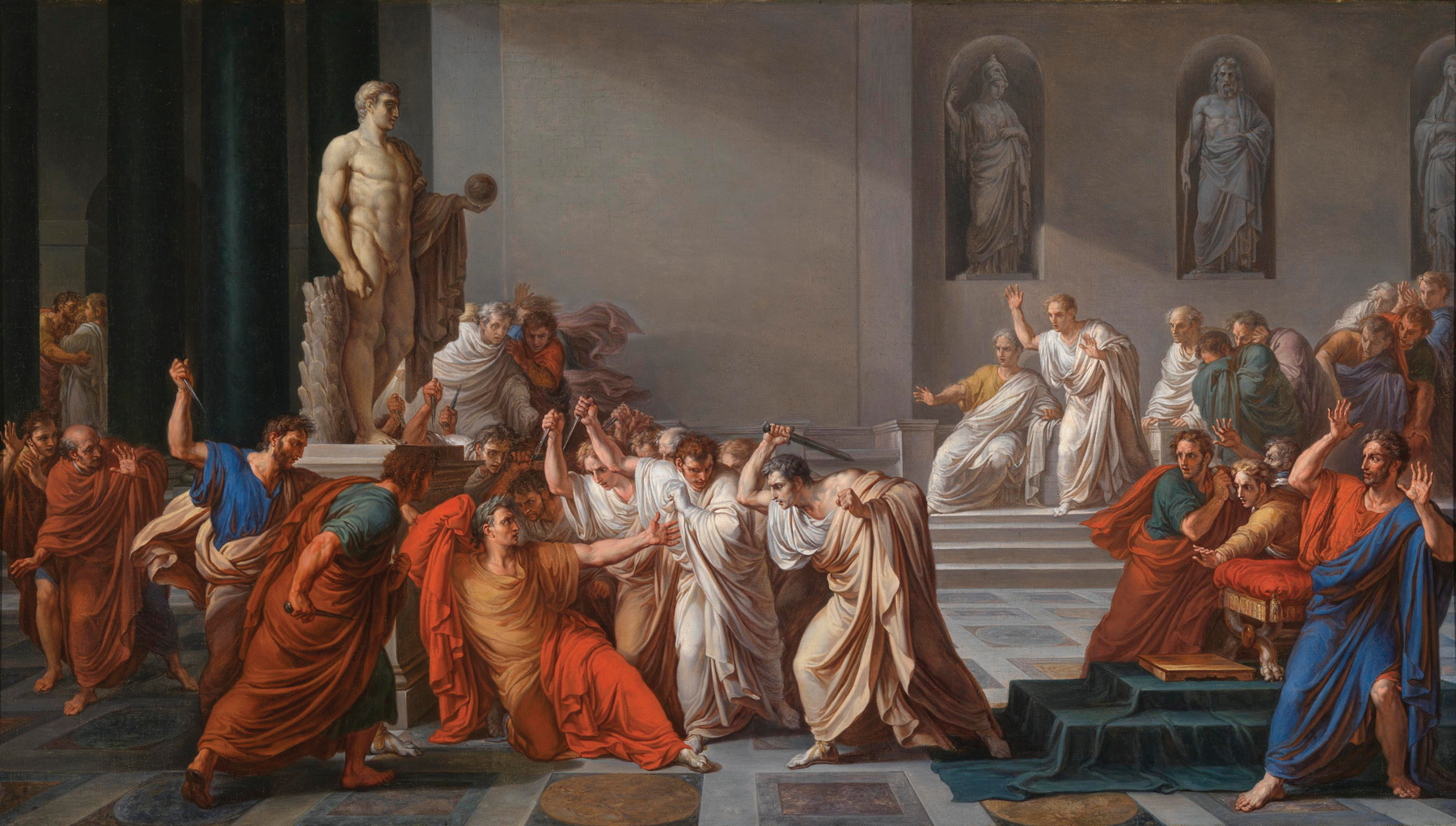
The Death of Caesar, by Vincenzo Camuccini.
Caesar fought back at first, but after the first few stabs the marble floor beneath his sandals grew slippery with blood. He soon got tangled in his garment and fell. At this the assassins pounced, stabbing Caesar twenty-three times in all. In looking over the body later, Caesars doctor determined that twenty-two of the gashes were superficial. To be sure, his body would have panicked a little more with each wound, and the shock would have withdrawn blood from periphery to core, to keep oxygen flowing to his vital organs. But he still would have survived, the doctor said, if not for one of the cuts: a single stab to the heart.


